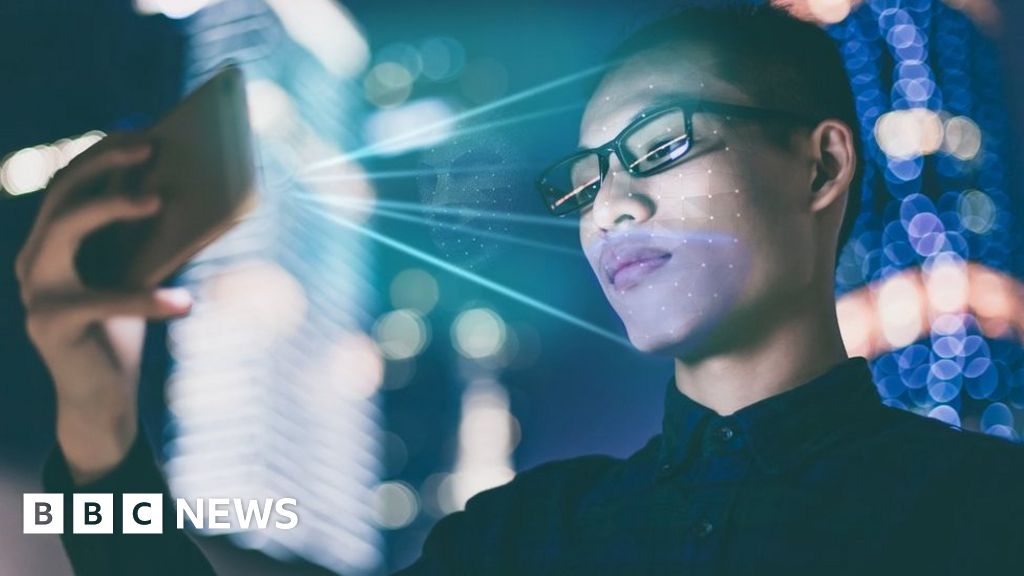Image source, Getty Images
European Union officials have reached a provisional deal on the world’s first comprehensive laws to regulate the use of artificial intelligence.
After 36 hours of talks, negotiators agreed rules around AI in systems like ChatGPT and facial recognition.
The European Parliament will vote on the AI Act proposals early next year, but any legislation will not take effect until at least 2025.
The US, UK and China are all rushing to publish their own guidelines.
The proposals include safeguards on the use of AI within the EU as well as limitations on its adoption by law enforcement agencies.
Consumers would have the right to launch complaints and fines could be imposed for violations.
EU Commissioner Thierry Breton described the plans as “historic”, saying it set “clear rules for the use of AI”.
He added it was “much more than a rulebook – it’s a launch pad for EU start-ups and researchers to lead the global AI race”.
European Commission President Ursula von der Leyen said the AI Act would help the development of technology that does not threaten people’s safety and rights.
In a social media post, she said it was a “unique legal framework for the development of AI you can trust”.
The European Parliament defines AI as software that can “for a given set of human-defined objectives, generate outputs such as content, predictions, recommendations or decisions influencing the environments they interact with”.
ChatGPT and DALL-E are examples of what is called “generative” AI. These programs learn from vast quantities of data, such as online text and images, to generate new content which feels like it has been made by a human.
So-called “chatbots” – like ChatGPT – can have text conversations. Other AI programs like DALL-E can create images from simple text instructions.

